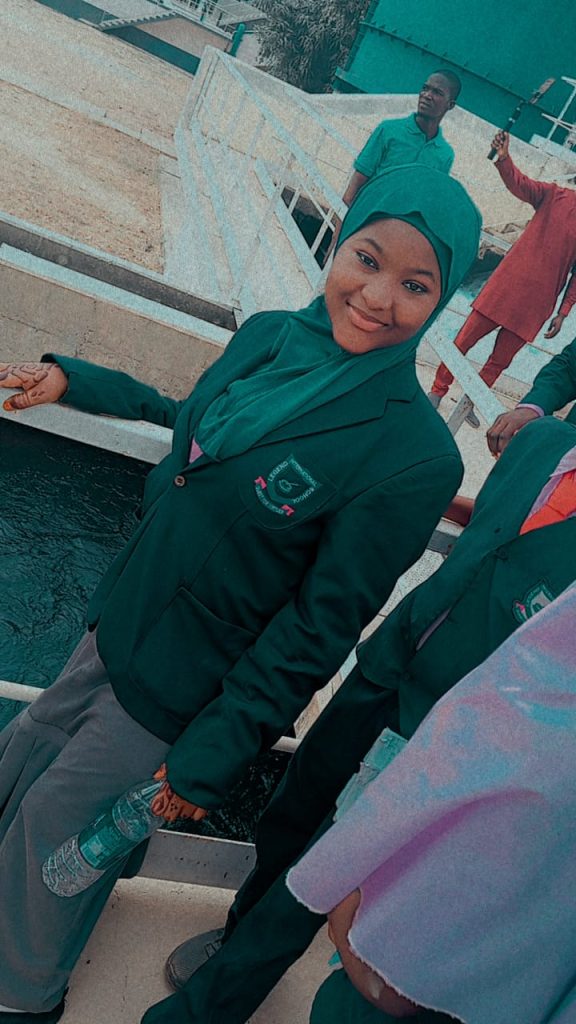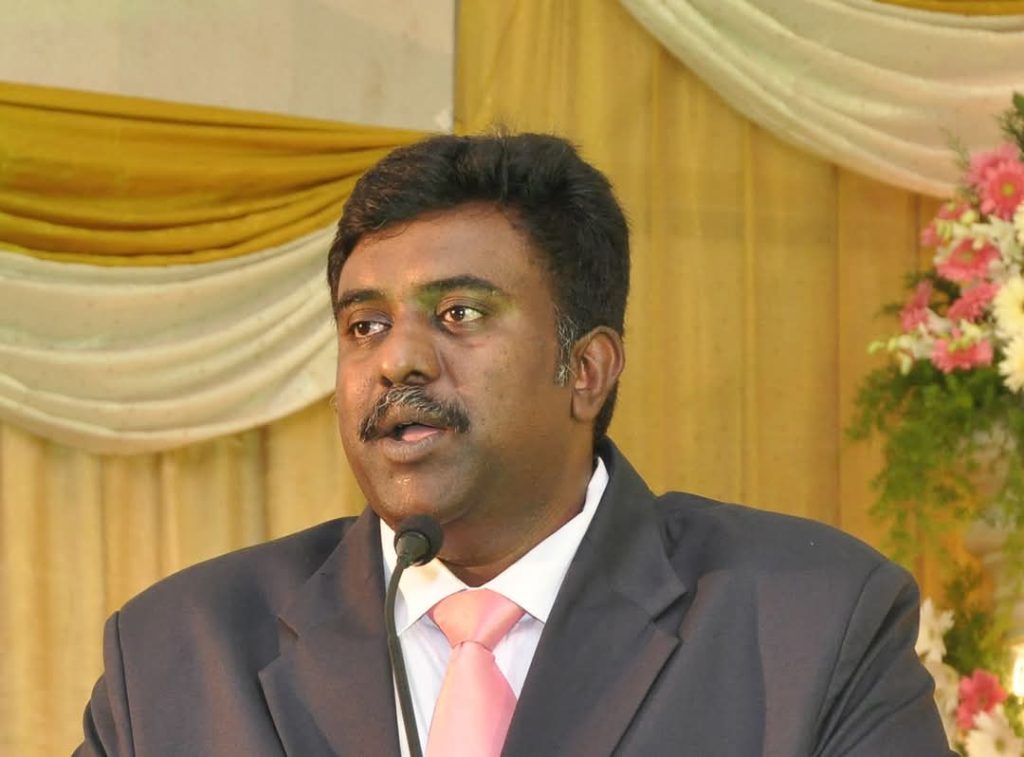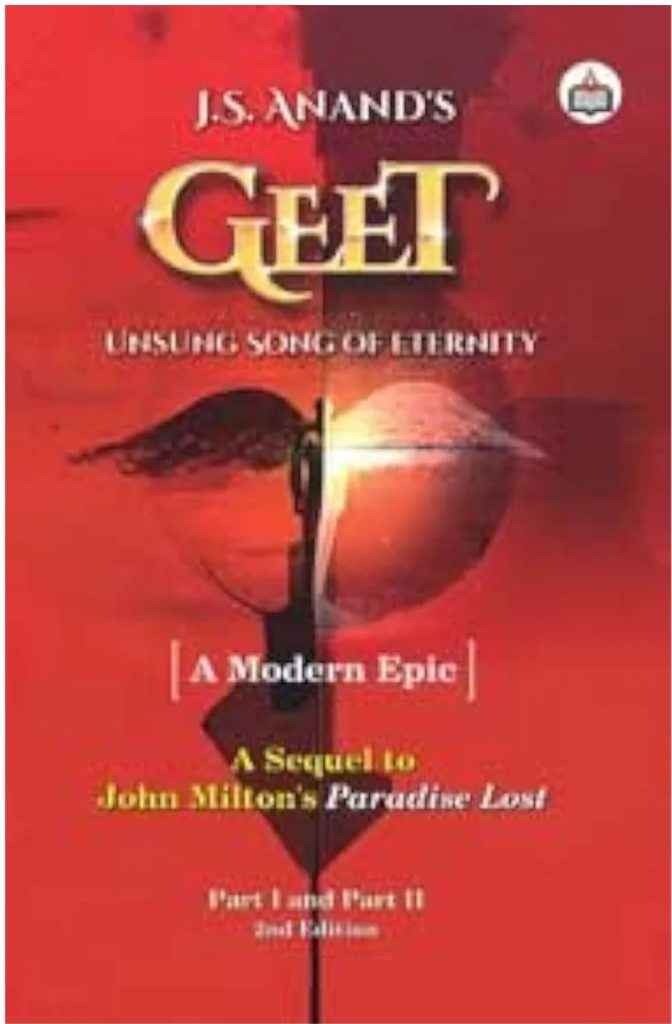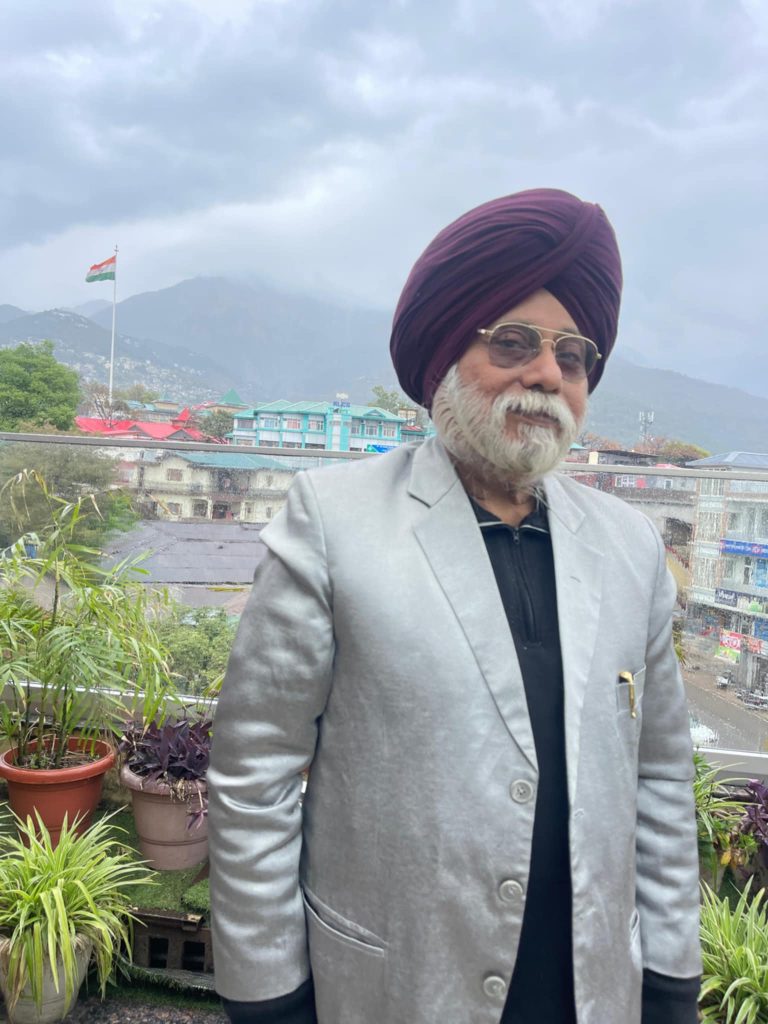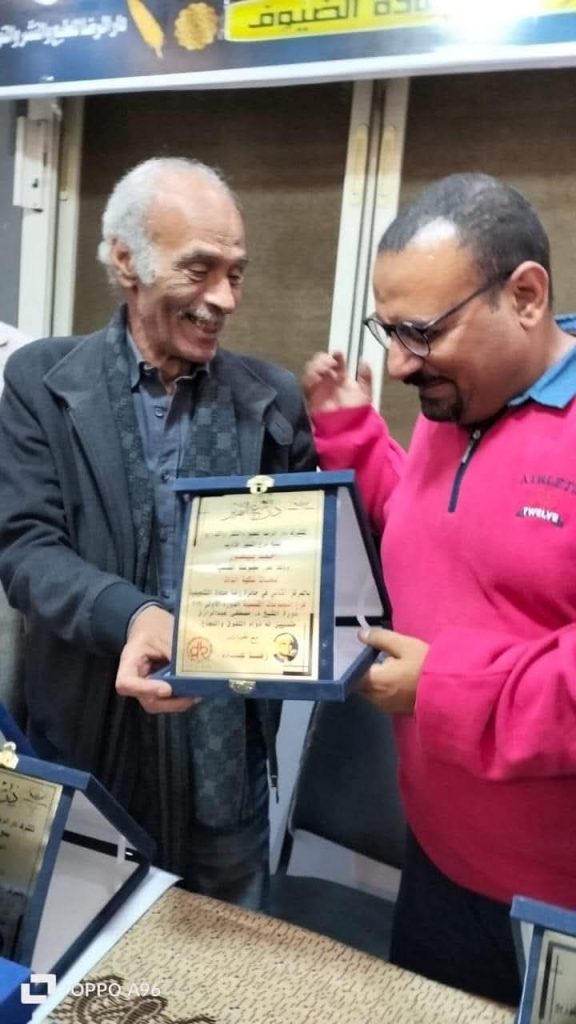
1. Please share your thoughts about the future of literature..
It gives me the greatest honor to share and partake my own passion for literature, that ornament that embellishes our livelihood throughout lifetime, I am smitten by rendition and erudition of books in all life spheres, to build up a cultural cauldron inside my mind, to dissolve in the amalgam of civilizations and conception of the other, I am not that fond of traveling abroad, for fear of nostalgia to swathes of my endeared heartfelt homeland, rather I consider reading is the solution to unravel the riddle and decipher the intricacies of the others’ thoughts, attitudes and expectations.
It mirrors their torchlight guidance for the generations who are in dire need of your imagination and enlightenment to recognize who they really are, to perceive to what extent they reached out in their conceptualizing the core and crux of what is going on in the literary and scientific arenas.
- When u start writing?
I do start since the prim of my youth, as a curious onlooker youngling in pursuance of language exposure, I listen a lot to the radio transmissions, like BBC news, or VOA coverage, I wrote down what I was hearing with the help of pronunciation skills I gained, the process by which I acquired spontaneity and fluency in English, fundaments in some other languages, didactic methodological errands to tackle my subject matter helped me a lot, throughout planning to – do lists in English, to your amazement, I tried to find out equivalent in my Arabic Fus7a the mother tongue, regarding idiomatic structure, interjection and syntax.
That linguistic inclination granted me tools and opened up large scale horizons to address the other, the process reached its zenith alongside with the gigantic leap of the know how, technological platforms, I jumped into platforms and mobile apps dealing in learning languages, there are so many to imitate the inventory contents and speak with the other. Since then, I planned a pathway to work on translation as a bonfire or a kindled flame to light up minds and allure other to the benefits of linguistics, as I volunteer to do so, awaiting to reap the fruits and my words instilled and inscribed in the scroll of universal history of literature like the notable role models in prose and verse.
- The Good and the Bad.
- Who is winning in nowadays?
That is a philosophical question, compelling me to the inner self of mankind, good and evil deeds created and innate inside of us, instinctively we might be susceptible to both pathways, but the mighty hand of good and righteous so doing is the vanquisher at last, goodness is like the lofty sun light, a heavenly revelation, but all humans err, and have shortcomings and deficiencies engendered, that abomination and obscene inclination dimmed the lovely hearts, that may delude us and made us into an abyss of the hell. There are wise proverbs admonishing us all—do good and cast it into the seas, do as you would be done by. Therefore, emanating from that mundane truth, we must uphold the slogan or motto of good and faithfulness rather than malfide and diabolical intrigues.
- How many books have you written
And where can we find your books?
My printed out paper literary output was not that superfluous, I wrote about 10 short stories long time ago, but some of which were printed, in fact, 3 of which named: a human being.. But?.. The altars of imagination.. Snippets tinged with the savory of one’sself.. So many published electronically on Facebook prose symposia such as:the Golden Forum of short story, the Arab conference magazine platform.. Poetic anthologies are my passion, I wrote rhymed and free verse, my first diwan named : give me some sake, my poetic quill?..’ Hanaiki ‘Published and printed, but alot of poems scattered through websites and platforms, I also translate from other foreignlanguages into the Arabic.
Novels and novella play an important part of significance, the Adventurous novel ‘Nabhan and Dannan Alhazhaian’ – Nabhah and the Cask of Bewilderness, published this year, along with a translated novella— what’s after? Both Arabic and English versions of mine. For me, I dreamt to publish an encyclopedia encompassing most of luminaries around the globe with entire congregational literary genre masterpieces I have translated for them, still that dream awaiting a sponsor to make into the light. Translation is all in all undulating waves of outrageous sea of knowledge, full of untold sunken pearls in need to shine. A plea to all literary avant-garde laureates in all fields—give a keen eye on the translators, supposedly, I am one of them. Also, I am doing great in the sphere of literary criticism, you can follow my studies for the Arab writers through Arab symposium for contemporary criticism, and magazine like Amarjy, Damietta, blue world magazine, Nokhba, and other Greek, Romanian and Albanian podiums.
Anyone can search on my name through Google search engine in Arabic and English: Ahmed Farooq Baidoon أحمد فاروق بيضون.
- What will be the future?
The future is promising, throughout unprecedented microcosm of consensus of literate, authors, playwrights, novelists, poets and poetesses, along with the evolutionary literary new genres, like haiku, tanka, haibun, micro-fiction, micro novella, I wish the future of literature created a venue that shall simplify meeting of the notable acculutred from the entire global territories, to stand united as upholders of word beauty and firmaments, they build up mind apart from undermining mental calibers of the generation by trivial bandwagon of fallacies and violence. We all call upon peace, welfare and serenade, to populate the Earth, to be worthy living and let the children of the world sing the song of unity and unanimous psalms of love. I dreamt that I could hear the sparrows chirping again.
- ..A wish for 2025
I wish it will be the turning point for a fruitful future, that’s all,
If only I could see the sunlight without imbued clouds,
If only I could see festivity world-wide without a droplet of tear or bereavement,
Let-alone a world of grudge-free and cherished with tempestuous sentiments.
Be it a dream in impelling need to come true or still the apparition of hatred looms?

- A phrase from your book
(I Am The Wandering Letter)
Behold—here I am the solitary letter,
Let go astray in a paginated paper,
My ink fountain has muttered its insomnia,
I wrote down words and battle myself in a race,
I stay up late at daytime and darkness loom at night,
Therein – could hear all shall carry and trace,
I call upon everyone before the glow of twilight,
How come could eyes blink-my ribs fed up with stress,
How come shall we caress those melancholic setbacks with laughter alright,
And, hide all what may choke of distress,
And, flout all contemptuous abomination and dismiss,
Oh! Let-alone that blackout and sleepless eyelids perplexed till late times,
And, all inflected upon us—such lethal crimes,
I shall lay aside all overwhelming screams into oblivion rhymes,
Behold – the stroke of pens, ripped papers of mine; be it echoless as I feel down,
That serves me right as crippled, knitting my eyebrow and frown,
Does the croak of toads prevail in the universe and trumpet?
Verily, the celestial skies manifested as my salvation refuge to glimpse in slumber,
From color to another, we shall stomp it,
Behold-homesick of days, in grey tug of conflicting starry curtains – please hide,
If only I could be back in shape, a free letter without clipping wings – open- eyed.


